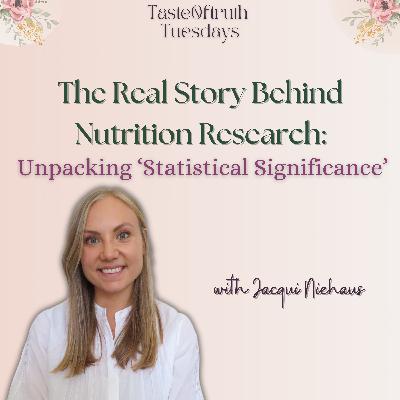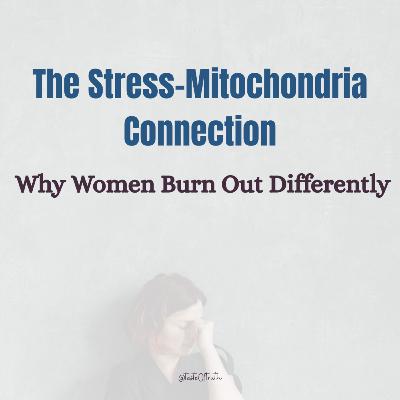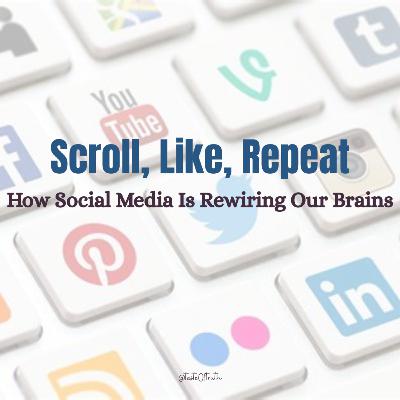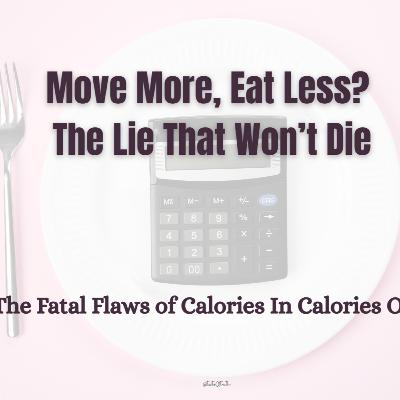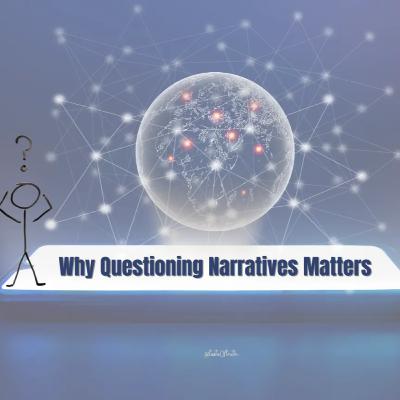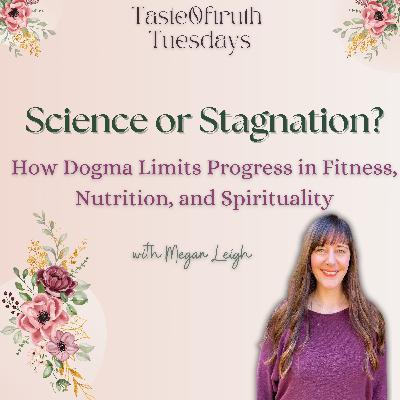The Real Story Behind Nutrition Research: What You Need to Know About Risk and Bias
Description
Welcome back! Confused by diet headlines? Nutrition research isn’t as straightforward as it seems. Today, We have my friend Jacqui Niehaus on and we’re uncovering the challenges—like unreliable data, sensationalized risk, and biased conclusions—that make the field so tricky. Learn how to critically assess studies and make better health decisions.
Key Points
Food Frequency Questionnaires (FFQs):
Widely used but prone to inaccuracies due to reliance on memory.
How this impacts study results and dietary guidelines.
Relative vs. Absolute Risk:
Sensational headlines can mislead (e.g., “33% increased risk”).
Does red meat cause cancer?
Understand the difference and how to interpret the data accurately.
Statistical Significance ≠ Real-World Importance:
Why “statistically significant” doesn’t always mean meaningful.
Tips to avoid being swayed by impressive-sounding results.
Why Research Feels Contradictory:
Small sample sizes, biases, and observational studies.
How to spot biases and develop a critical lens.
Pro Tip: Nutrition research is complex—focus on patterns, not one-off studies.
Check out the episode blog for visuals that make these concepts easier to understand.
Links:
-Get Jacqui’s The lazy cookbook
-Join her Women’s health course
Mentioned in the interview:
-Nutrition research has major statistical flaws
-Food Frequency Questionnaires (FFQs)
-Misleading Statistic Absolute vs Relative Risk
-The Role of Temperature and Pulse
-What is biofeedback and why is it so important?
-Unraveling the Impact of Stress on Chronic Health with Theresa Piela
🙏 Please help this podcast reach a larger audience in hope to edify & encourage others! To do so: leave a 5⭐️ review and send it to a friend! Thank you for listening! I’d love to hear from you, find me on Instagram! @taste0ftruth , @megan_mefit , Pinterest! Substack and on X!

